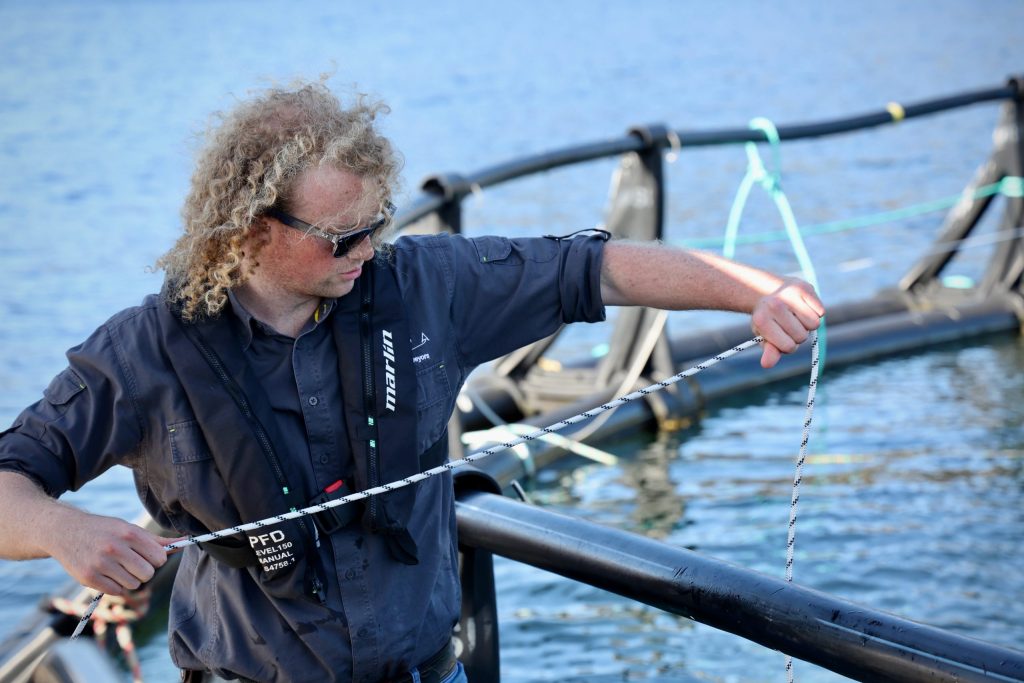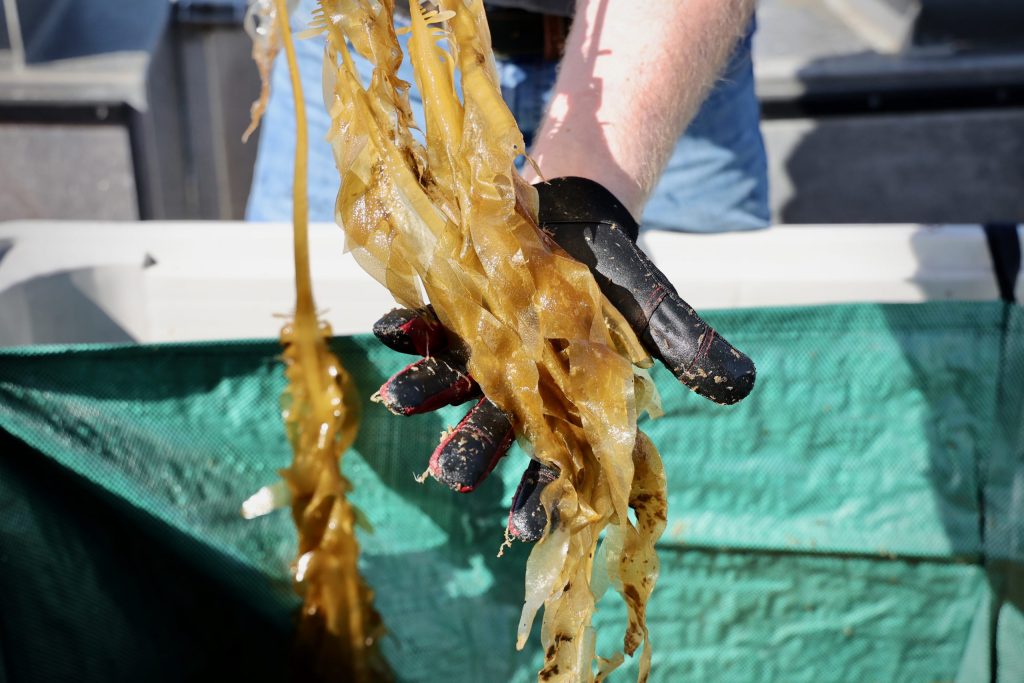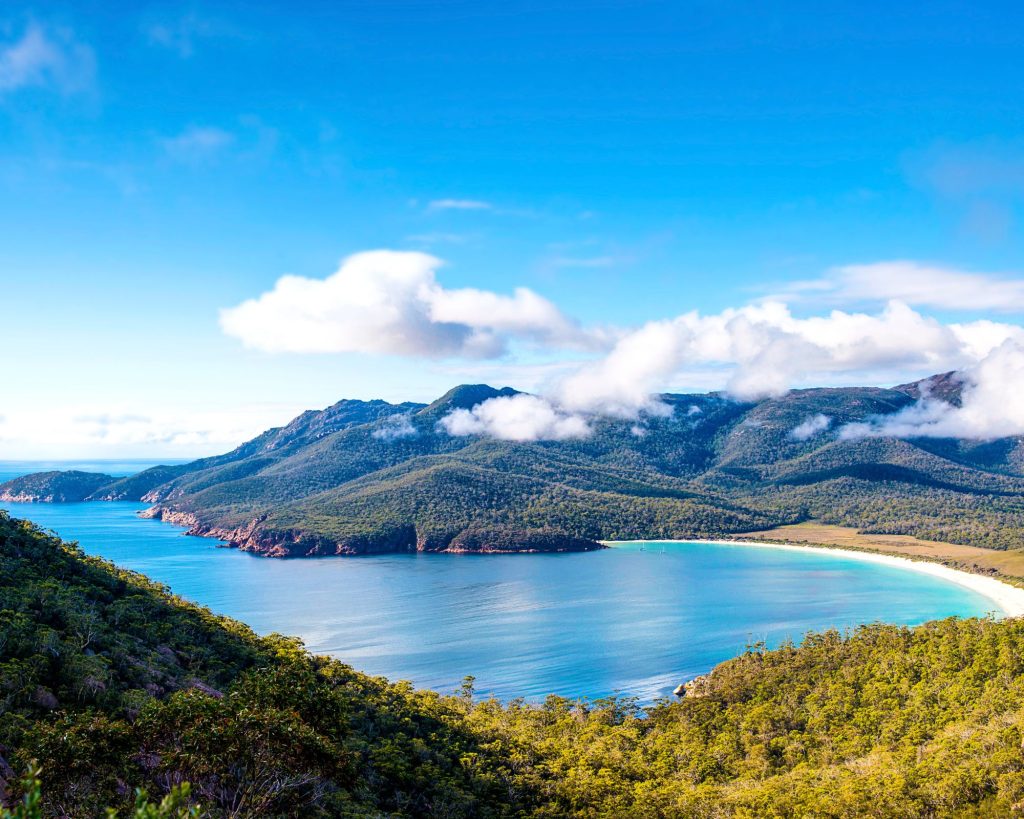Southern Ocean Carbon supports the development of sustainable forms of aquaculture that addresses climate change, improves marine habitats, and cleans the world’s oceans.
Companies will benefit from the experience we gained through extensive research, trial phases and implementation of seaweed mariculture inshore and offshore.
We aim to support companies worldwide in the planning stages for new farms, zones, and infrastructure to create environmentally sustainable, long term viable facilities, and remain the partner of choice to run and develop alongside our partner companies. We will be there to guide you through the whole process of design, implementation, ESG auditing and impact Investing.


The expansion of seaweed farming in tropical developing countries could have large positive impacts on local poverty, food security and environmental health. Farming seaweed is an efficient way to produce highly nutritious food for a growing population without requiring fertilizer, pesticides, freshwater or land.
As we scale our operations, we endeavour to support a global seaweed industry to aid the production of seaweed biomass for a range of sustainable products including bioplastics, biofuels, supplements, pharmaceuticals and other seaweed-based products.
We have identified various locations worldwide where human operations have negatively impacted seabeds and marine habitats, and local businesses and governments are actively seeking opportunities to rewild the coastal waters and look for positive impact investing strategies.
Southern Ocean Carbon aims to assist stakeholders to realise their sustainability goals through planning, design, execution, and reporting.


Blue Carbon is the term for carbon captured by the world’s oceans and coastal ecosystems. Grow and learn with us as we anticipate the development of a more formalized “Blue Carbon” offset market in the near future.
Southern Ocean Carbon is fully aware that many of the simplistic claims made about seaweed’s potential to capture and sequester carbon are not supported by the science. We do not agree with or support deep sea sequestration of seaweed biomass or some of the other long term sequestration strategies that have been proposed. There are lots of great reasons to grow seaweed at scale that can help our planet, and we will remain at the forefront of efforts to realise these benefits as the market develops.
Tasmania’s coastal waters were once home to thriving Giant Kelp forests, scientifically known as Macrocystis. These colossal seaweeds played a vital role in Tasmania’s marine ecosystems for centuries. Towering up to 35 meters in height, Giant Kelp provided shelter and sustenance to a diverse array of marine creatures including fish, molluscs, crustaceans and other species.


Advancing sustainable business and operational practices around the world by harnessing and transforming information into knowledge and reshaping risk into positive impact and value.
Southern Ocean Carbon acknowledges the Palawa people, the Traditional Custodians of lutruwita (Tasmania) and Tasmanian Sea Country. We pay our respect to Elders, past and present.